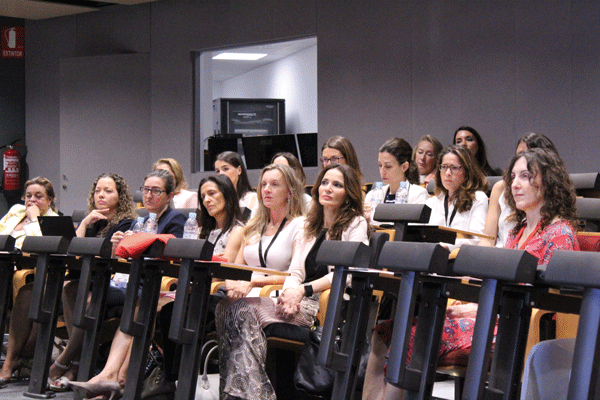‘Female’ leadership qualities increasingly being adopted in effort to improve organisations
Leaders placing more emphasis on dialogue, cooperation, interaction and empathy, which are all qualities ‘embodied in women’
Qualities that are often considered by many in society to be female enrich companies, and men are increasingly adopting those characteristics, partly due to societal demands, attendees at a recent Iberian Lawyer event in Madrid heard.
Participants in the event said the generation commonly referred to as ‘millennials’ is demanding new forms of leadership, as well as calling for the hierarchic models of male leadership to change. Attendees said that, in this sense, women leaders are acting as catalysts for change.
Leadership has traditionally been associated with ‘male attributes’ – characterised by traits such as ambition, aggression and competitiveness – and the qualities that define leadership have “always been masculine”, according to some female panellists at the event, which was held in collaboration with Ruiz Gallardón Abogados and Santander. They also said that, in the past, many women adopted such characteristics in order to be perceived as being capable of leadership, but fortunately this is changing.
Some event participants also argued that an enormous cultural change is taking place within companies with the result that there is greater orientation towards people, as well as more emphasis on dialogue, cooperation, interaction and empathy, all of which facilitate the emergence of women leaders as these are qualities that women embody, they claimed. This trend allows women to become leaders without changing their personal characteristics, some panellists said.
New ways of working, often in more open spaces in offices, are generating greater interaction, with the result that more listening is taking place. Women, some attendees argued, are particularly good at creating such an environment, and therefore women have considerable potential to facilitate change. At the same time, employees are increasingly demanding greater participation from women in organisations.
Though women have a key role in this evolutionary process, women in leadership roles need courage, particularly in the legal profession, where women have always been in the minority. Previously, it was often the case that women in leadership roles did not have families as they had to dedicate all their time to their profession. However, it is now increasingly possible for women to be mothers and have a successful career at the same time. These changes in the workplace will also provoke a change in society, participants said, and consequently there will be more opportunities for women as more women move into leadership roles.












